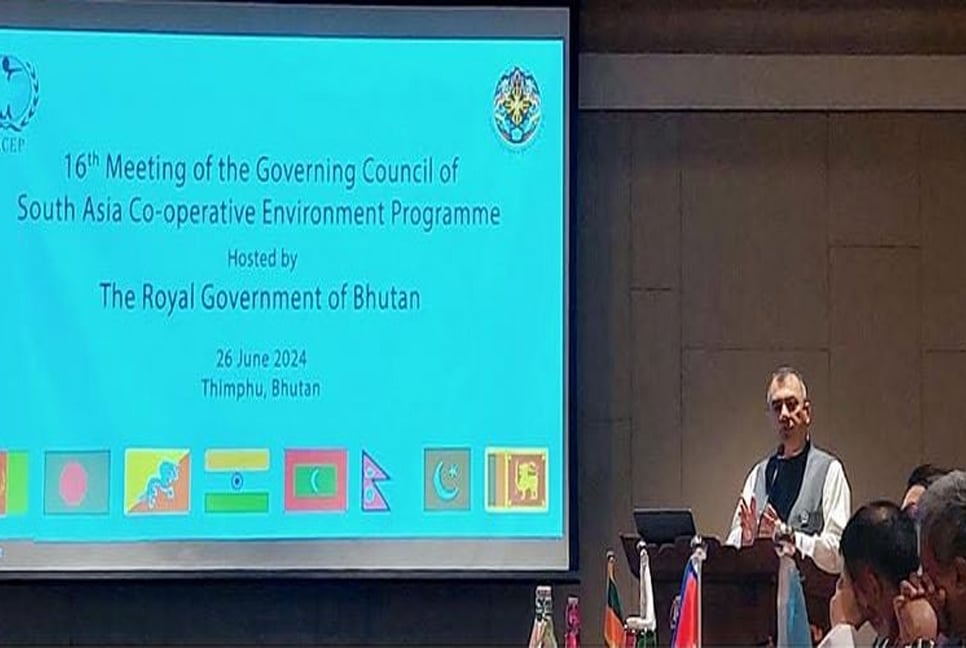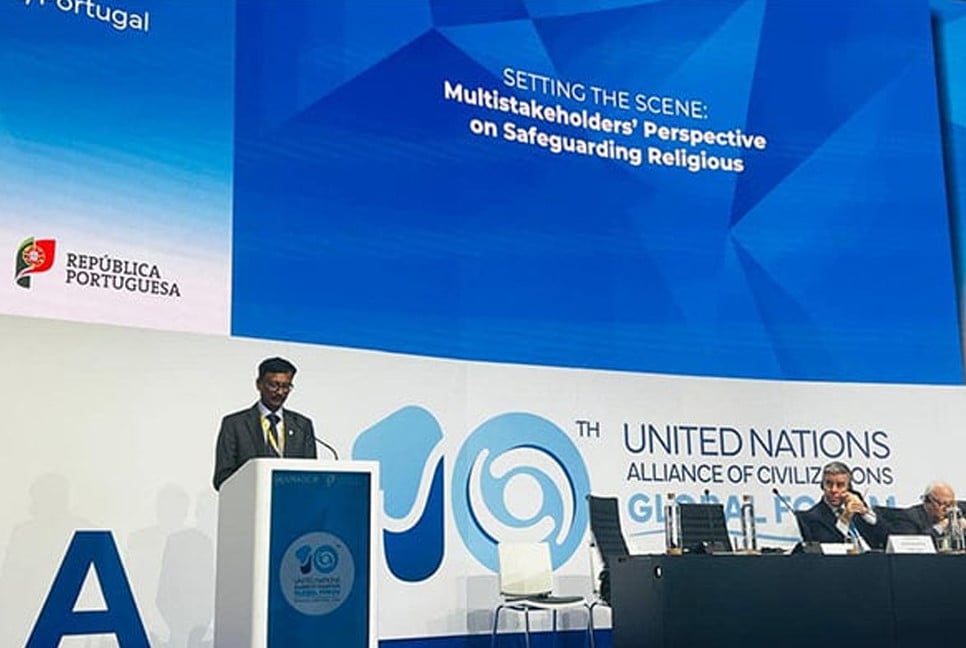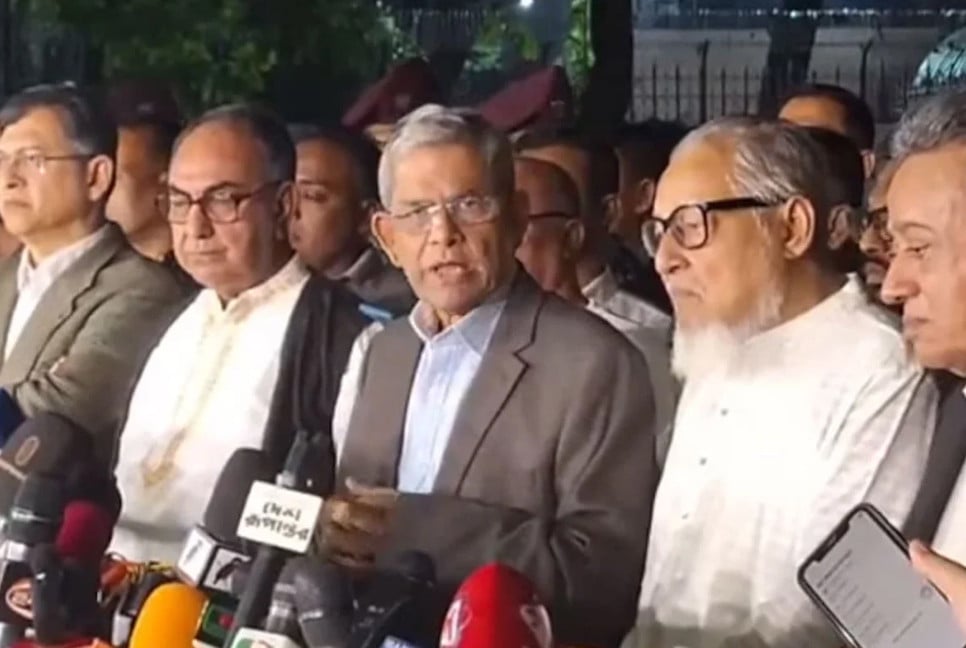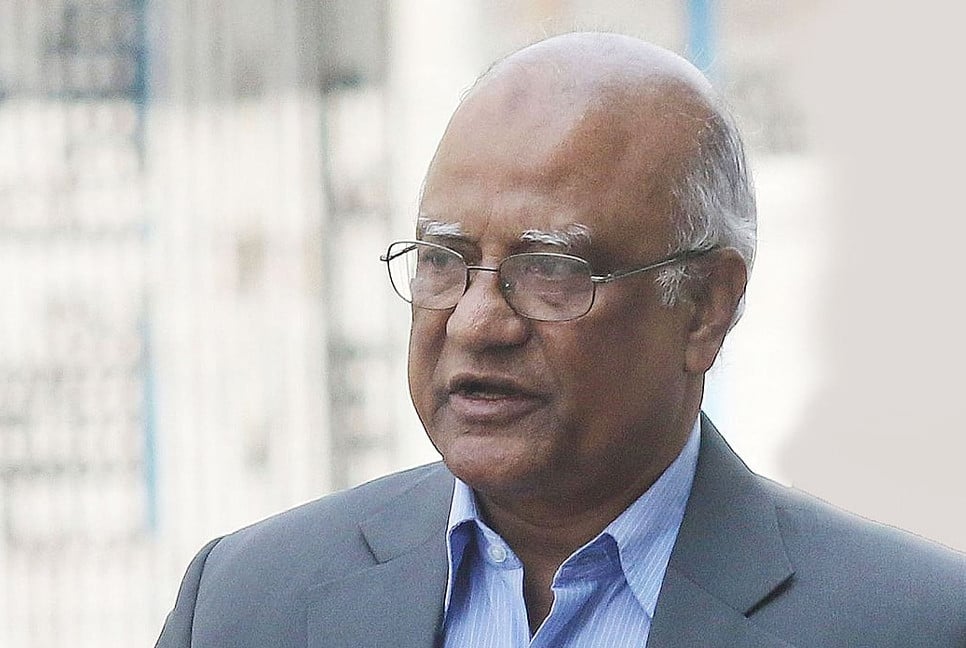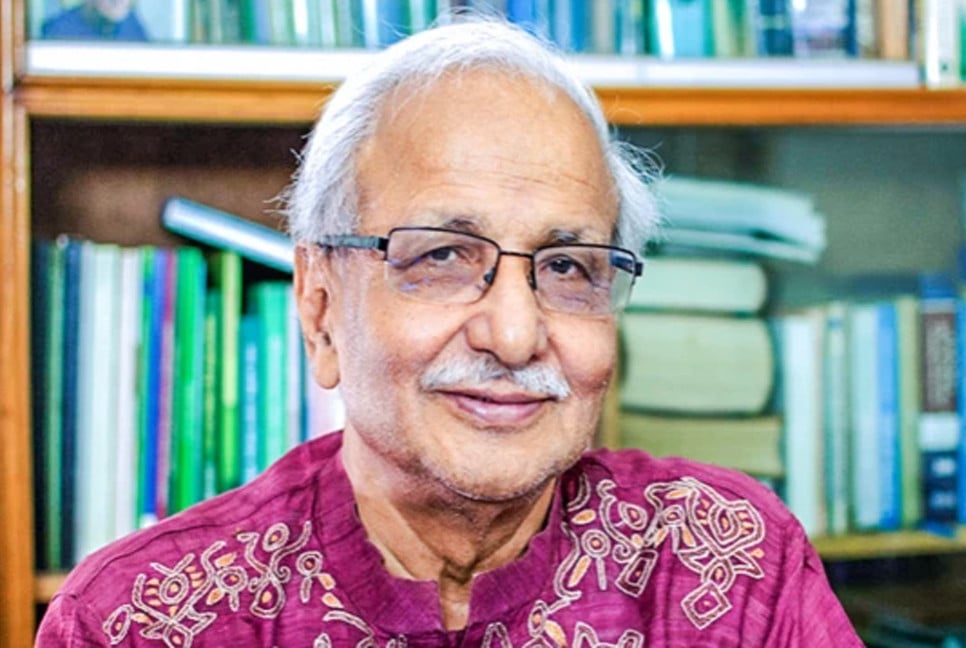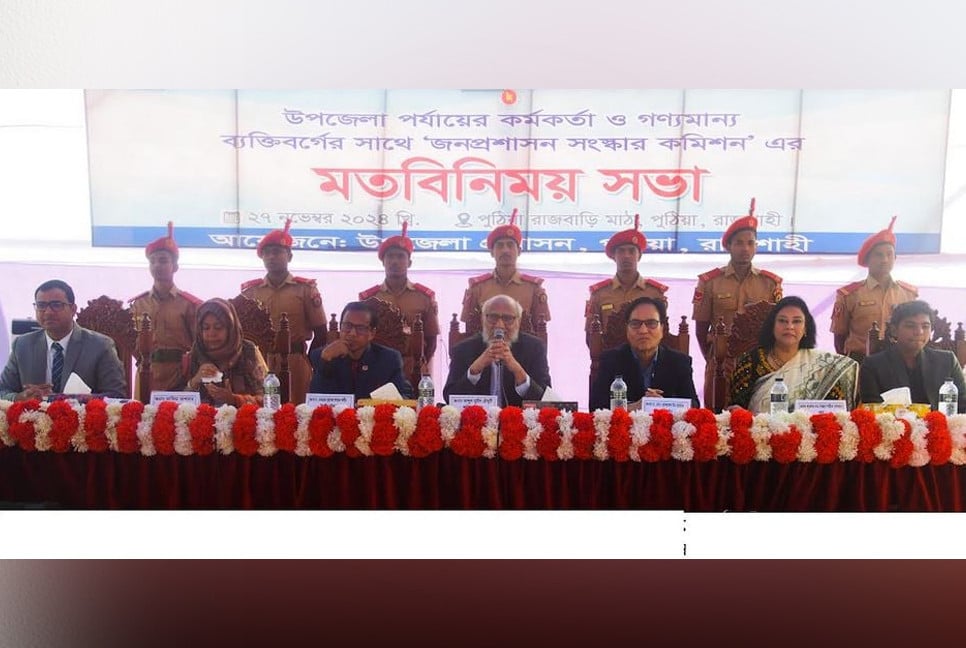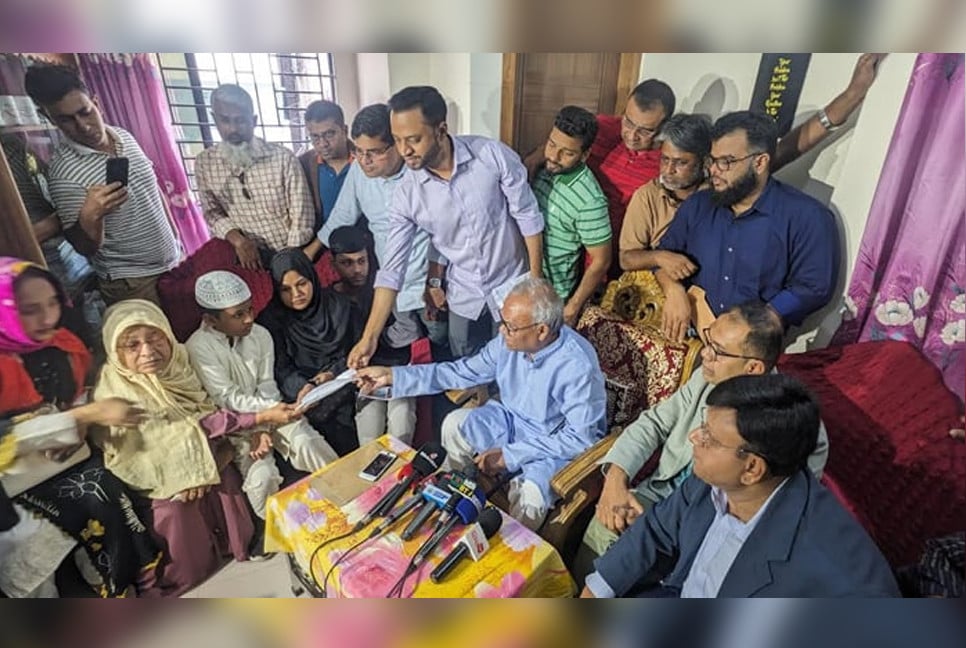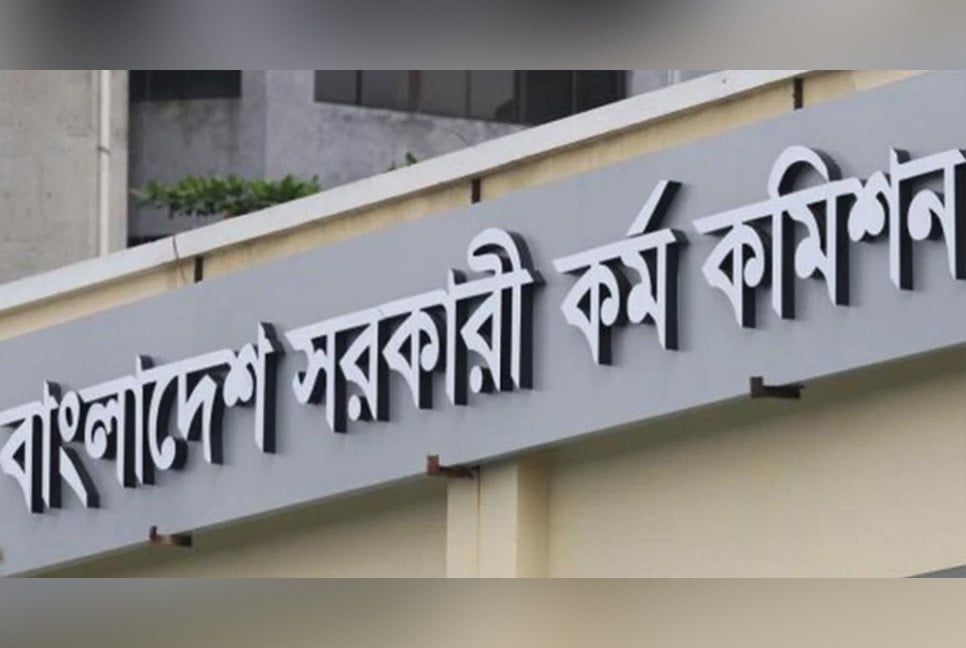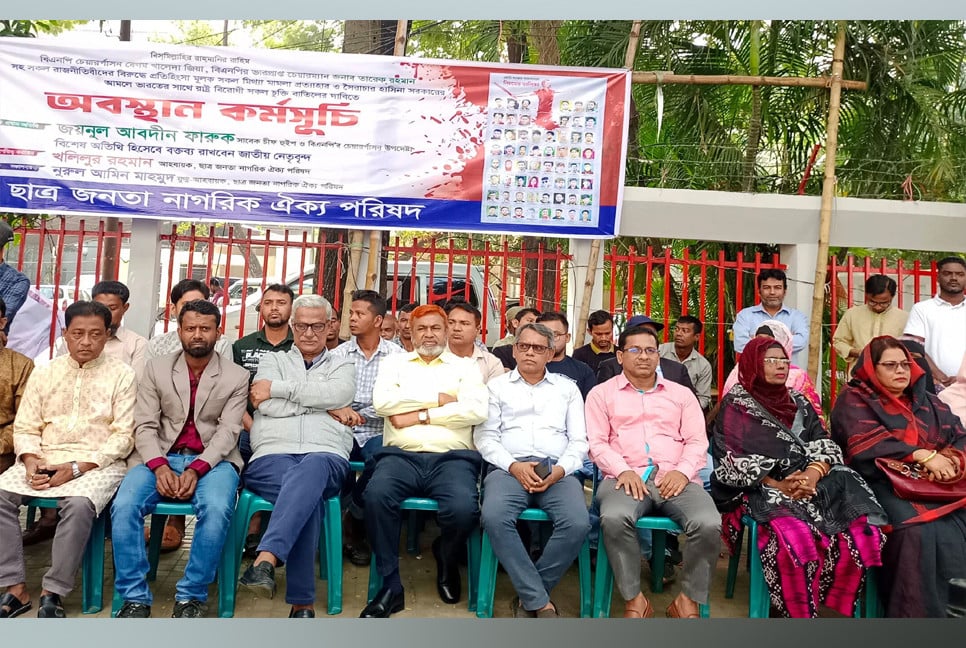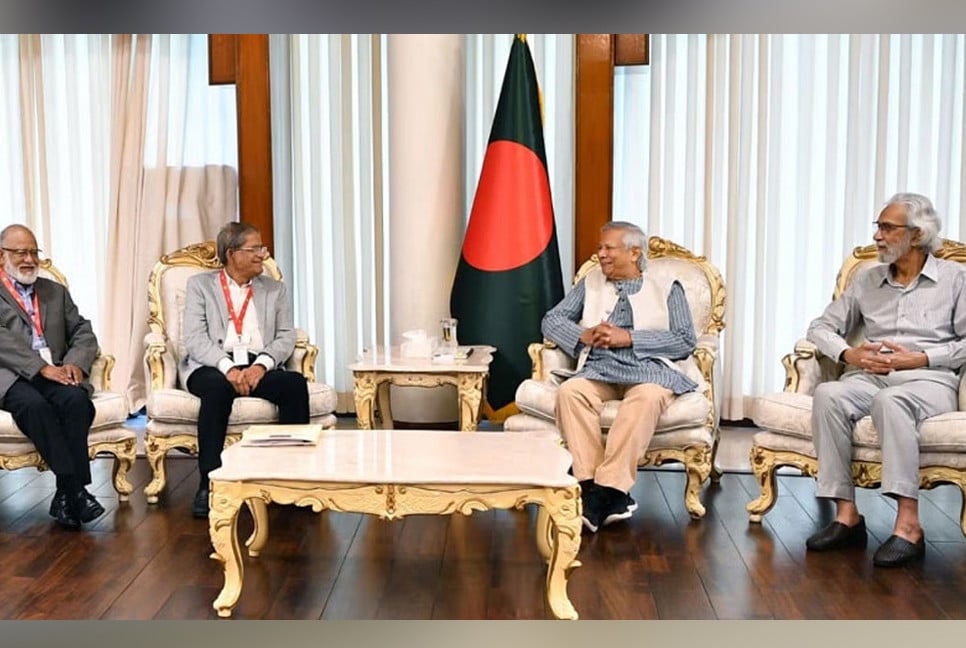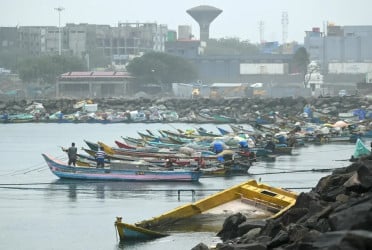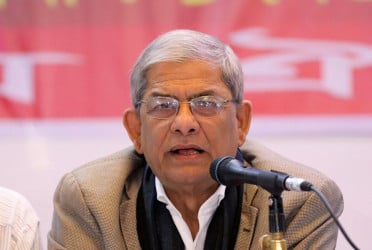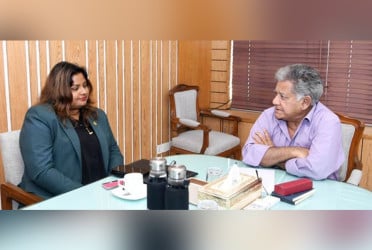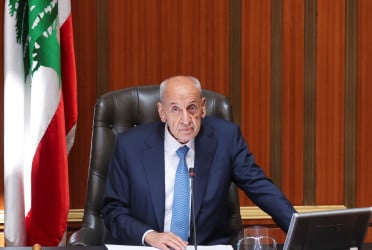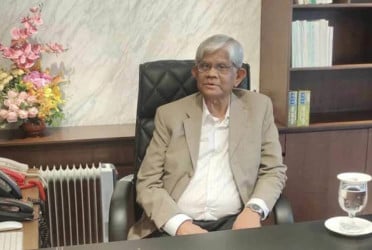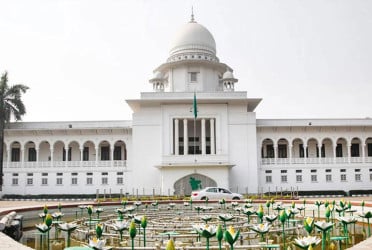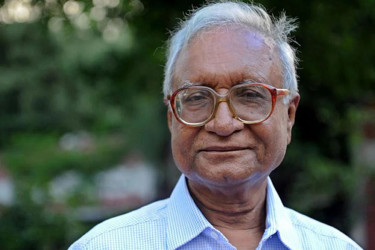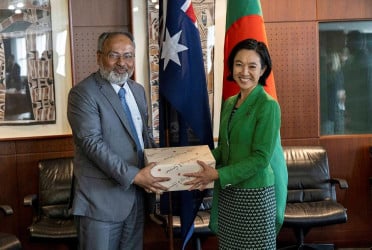Outgoing Chair of the South Asia Cooperative Environment Programme (SACEP) Saber Hossain Chowdhury has called upon the South Asian countries to enhance regional cooperation, coordination and connectivity in curbing environmental pollution.
He made the call while delivering his speech as the outgoing SACEP chair at the 16th meeting of its Governing Council held in Thimphu, Bhutan, on June 26 (yesterday), reports UNB.
Saber Hossain, also the Bangladesh's environment, forest and climate change minister, said environmental pollution is a transboundary issue now and that is why collaborative solutions are needed to address it.
He emphasised the critical need for taking integrated steps to prevent environmental degradation, pollution, biodiversity loss and climate change in the South Asia.
Lauding the visionary leaders who established SACEP in 1982 under the Colombo Declaration, before the Earth Summit in 1992, he presented its remarkable achievements across various crucial areas.
Highlighting the South Asia's rich geographical, historical, political, ideological and cultural identity, the environment minister hoped that SACEP would serve as the common platform for addressing environmental issues and become the focal point for all environmental perspectives in the region.
He mentioned SACEP's ongoing projects including 12 regional grant projects taken to combat plastic pollution and 18 innovation grant projects across Bangladesh, Bhutan, Maldives, Nepal, Pakistan and Sri Lanka.
Saber Hossain said these initiatives support the private sector, entrepreneurs, academia, and ensure women's participation, while SACEP also helps public sectors by providing technical support for national policies, strategies and capacity building.
He said despite contributing only 0.48 percent to the global greenhouse gas emissions, Bangladesh remains highly vulnerable to climate change.
The environment minister pointed out the melting glaciers in the Hindu Kush Himalayas, rising sea levels, and the existential threat posed to living beings.
Putting emphasis on limiting global temperature rise to 1.5 degrees Celsius, he called for targeted control of greenhouse gas emissions.
Saber Hossain also highlighted Bangladesh's commitment to combating environmental degradation and pollution with significant achievements made under the incumbent government's leadership over the past 15 years.
He said Bangladesh has established the Bangladesh Climate Trust Fund and recently it formed Bangladesh Climate Development Partnership, which illustrated the nation's proactive approach.
As the outgoing SACEP chair, Saber Hossain handed over the chairmanship to Bhutan Minister for Energy and Natural Resources Gem Tshering and congratulated him.
He expressed that SACEP would significantly enhance mutual efforts and strategies to combat environmental challenges under the new leadership.
Bd pratidin English/Lutful Hoque

